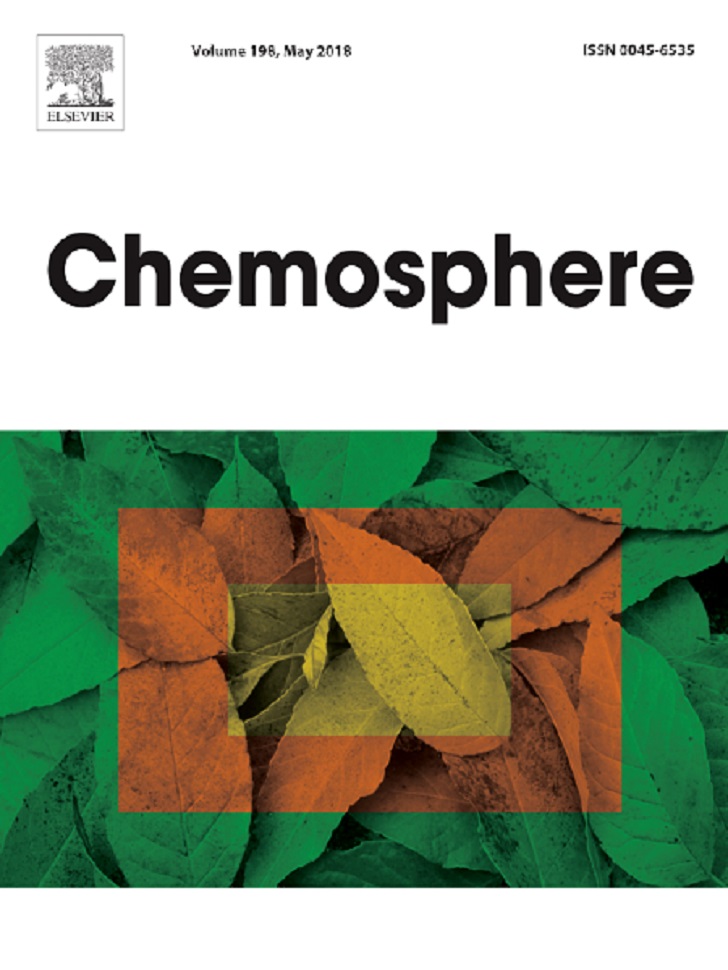
The research article 'Submerged nanofiltration without pre-treatment for direct advanced drinking water treatment' has been published in the journal Chemosphere.
Abstract
Membrane fouling is a major challenge toward achieving direct nanofiltration (NF) treatment of surface water. This study aimed to evaluate the potential of the novel submerged flat-sheet NF membrane module to achieve low fouling propensity and high separation performance during the direct filtration of surface water.
Laboratory-scale NF tests showed that the transmembrane pressure (TMP) increased only by 10 kPa over 24 d during the direct treatment of river and dam water. The NF system showed high (>80%) and stable rejection of color and organics, as well as low and variable conductivity rejection (28–47%). The rejection of negatively charged trace organic chemicals (TOrCs) was >50%, while that of uncharged or positively charged TOrCs was <50%. Another NF test that was conducted at a drinking water treatment plant showed negligible membrane fouling with a TMP increase of 3 kPa over 35 d. Separation performance of the NF system remained high: total organic carbon (TOC) removal was >70%, which was greater than the conventional rapid sand filtration system with powdered activated carbon and intermediate chlorine doses (TOC removal = 20–60%).
Overall, this study demonstrated high water quality and stable system operation of the submerged flat-sheet NF system during direct treatment of surface water.





